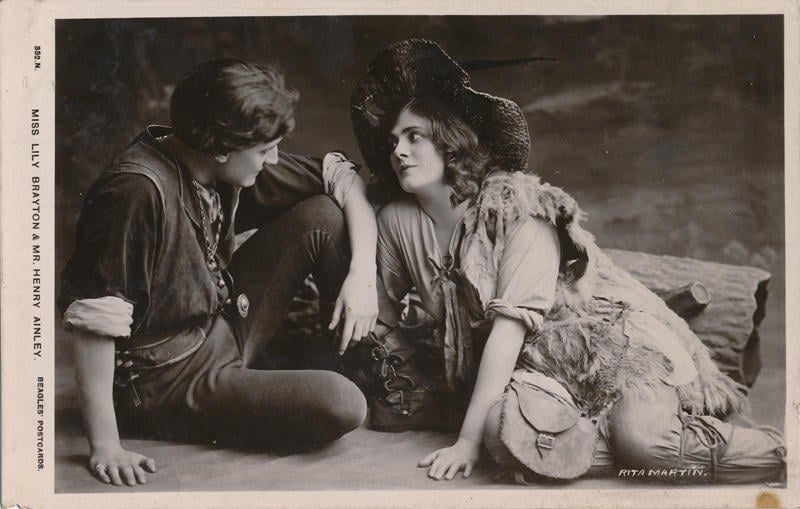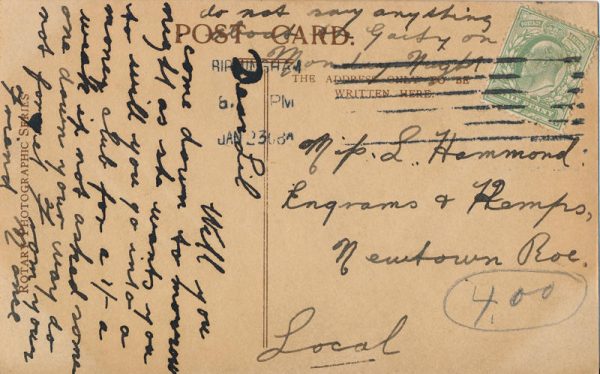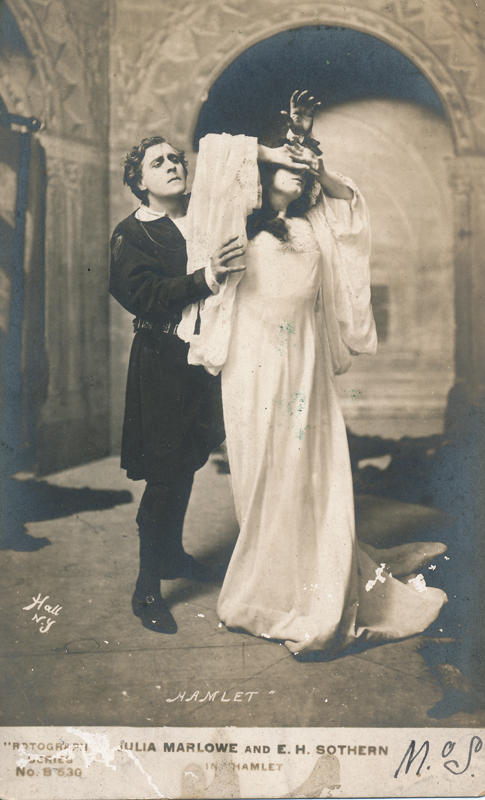Ga. Archive Traces Shakespeare’s Influence Through Postcards

A newly redesigned online archive explores Shakespeare’s role in early 20th century theatre. Pictured here is Lily Brayton and Henry Ainley in ”As You Like It.”
COURTESY OF SHAKESPEARE AND THE PLAYERS
The 400th anniversary of William Shakespeare’s death has people around the world celebrating the playwright’s work. It also inspired enthusiasts at Emory University to bring new life to a longtime project.
Shakespeare and the Players is a massive online archive of postcards, many of which are more than 100 years old. They show the actors who brought Shakespeare’s plays to life on the stage in the late 1800s and early 1900s.
The archive, which was started by Professor Harry Rusche, has been around for a couple decades, but doctoral student Justin Shaw helped put a new face on it for the anniversary this year.

With the new website, users can now explore the postcard collection like an interactive online exhibit and learn about Shakespeare’s plays, the characters he created and the people who played them — all through postcards.
In an interview, Shaw spoke about some of the postcards in the collection and explored what they reveal about Shakespeare’s place in culture.
Shaw pointed to this early 20th century era as a time when Shakespeare was being marketed to high culture, but also began to proliferate among the mainstream population, thanks to the postcards.

“The postcards are going to anybody and so all the sudden a middle-class person – the middle class is very new at the time – is getting postcards in the mail with Hamlet, with Juliet, with Prospero or Caliban or something like that on the postcard and it’s like, “Who is this person? Who is this character?” said Shaw. “And so now Shakespeare is becoming a household thing, which is really quite interesting.”





